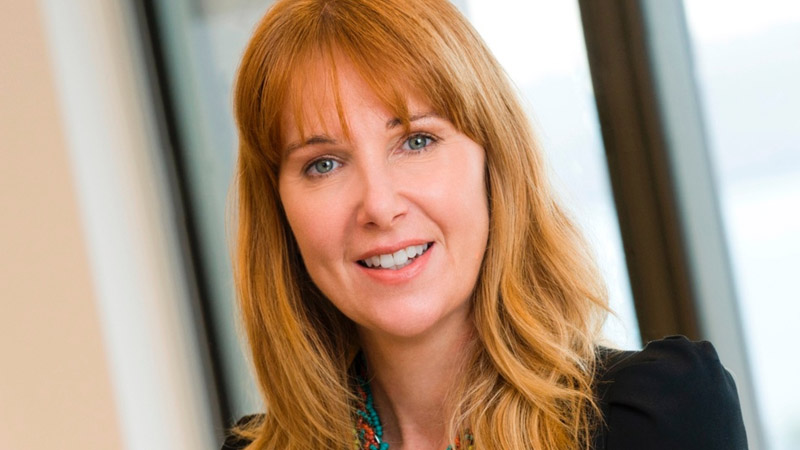Financial advice improving mental health outcomes in COVID crisis
Consumers receiving financial advice have reported less detriment to their mental and physical wellbeing through the COVID-19 crisis compared to those who are non-advised, according to new research.
Fidelity has released results from its COVID-19 pulse survey, conducted with CoreData, of both advised and non-advised clients.
Advised respondents across the board were less negatively affected by COVID-19, with 28 per cent citing negative impacts to their overall wellbeing, compared with 37.4 per cent of non-advised consumers.
While 29.5 per cent of non-advised consumers said their physical health was negatively impacted by COVID-19, a quarter of advised clients (25.7 per cent) said they were negatively affected.
For mental health, there was a larger gap, with 32 per cent of advised clients reporting negative impacts compared with 48 per cent of the non-advised.
Looking at relationships, 18 per cent of advised clients cited negative impacts in contrast to 22 per cent of the non-advised.
Alva Devoy, managing director at Fidelity Australia, said advice has impacted all aspects of people’s wellbeing.
“You can see the protection mechanisms coming in here for the mental and physical wellbeing from advice,” Ms Devoy said.
Around a fifth (20.3 per cent) of advised clients said they rarely or never worried about money, compared with 9.9 per cent of non-advised clients.
A quarter (24 per cent) of advised clients said they only worry a few times a year, compared with 21.9 per cent of non-advised clients.
At the other end of the spectrum, 24 per cent of non-advised people said they worry daily, more than advised clients (17.3 per cent), and 28.7 per cent of the non-advised said they worried weekly, compared with 19.2 per cent of advised clients.
Looking at long-term goals, advised clients tended to feel more financially prepared for retirement.
More than double the advised clients (60 per cent) felt reasonably prepared for retirement, compared with 22 per cent of the non-advised.
Meanwhile, more non-advised clients responded with not particularly prepared or not prepared at all.
However, COVID-19 hadn’t shifted how ready people were for retirement all that much, Ms Devoy said.
Australians have largely changed their spending in response to the crisis, but the sale of assets and shares was reported to be lower.
“The forced sale of assets is not bubbling up and this is one we should keep an eye on as we move through the COVID effects on our economy,” Ms Devoy said.
She referred to previous Fidelity research in January where respondents were asked about the benefits of financial advice.
“For 42 per cent, they said not having to worry as much about money,” Ms Devoy said.
“For 40 per cent, mental health improved, 22 per cent said improved relationships and 50 per cent improved physical wellbeing.
“The interesting thing outside of that, for us, was when we asked individuals reasons why you haven’t sought advice, up the top was 37 per cent said affordability and 35 per cent said their circumstances.”
But trust was a less frequent answer, with 16 per cent of individuals feeling they couldn’t find a trusted adviser.
“What we’re highlighting here is that if we focus on the holistic benefits of financial advice, we’re saying everyone benefits irrespective of your financial situation, be it bad, good, complex, simple, etc,” Ms Devoy said.
“Because there’s going to be a benefit to your physical, mental wellbeing but also your relationships on the other side. I think that’s a really compelling message that we need to continuously articulate more broadly in the market.”








